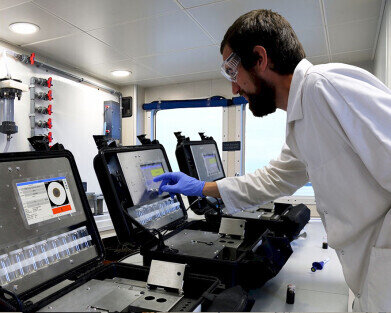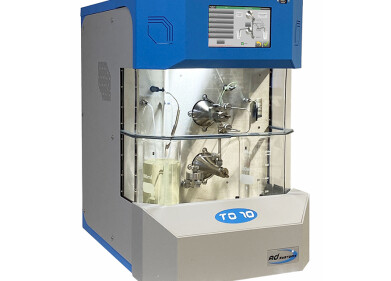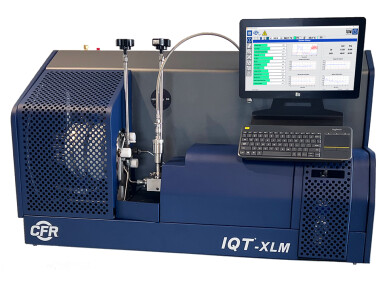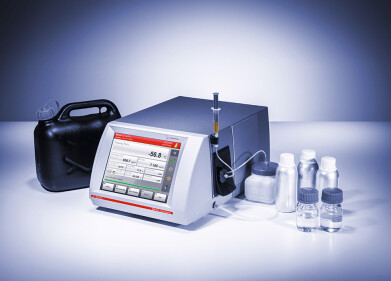Fuel analysis
Effective approach to fuel testing
Dec 09 2024
Depending on the production method and availability of blending components, blended marine fuels can be predominantly aromatic, paraffinic, or somewhere in between. Although these fuels are stable on their own, variations in solvency when mixed can increase the risk of incompatibility, leading to serious issues such as filter blockages and fuel system disruptions due to flocculated asphaltenes.
In practice, complete fuel segregation during bunkering is not always feasible. There is no guarantee that a vessel refuelling with a 0.50% sulphur fuel in Rotterdam will be able to obtain a compatible fuel in Fujairah. The only reliable way to assess potential issues is through compatibility testing between the existing and proposed bunker fuels.
AD Systems has developed the ST10, a portable, fully automated instrument for testing the stability and compatibility of heavy fuel oil, either in the lab or on board a vessel. The ST10 automates the ASTM D4740 method, a simple yet effective test that can be performed onboard to evaluate the cleanliness and compatibility of marine fuels, including both residual and distillate types.
This quick test is invaluable for the ship’s crew in operations such as fuel switching, preparing new bunker supplies, and conducting tank transfers to ensure ship stability.
Digital Edition
PIN 25.6 Buyers' Guide
January 2025
Buyers' Guide Directory - Product Listings by Category - Suppliers Listings (A-Z) Articles Analytical Instrumentation - ASTM D7042: The Quantum Leap in Viscosity Testing Technology -...
View all digital editions
Events
Jan 20 2025 San Diego, CA, USA
Jan 22 2025 Tokyo, Japan
Jan 25 2025 San Diego, CA, USA
SPE Hydraulic Fracturing Technology Conference and Exhibition
Feb 04 2025 The Woodlands, TX, USA
Feb 05 2025 Guangzhou, China



















